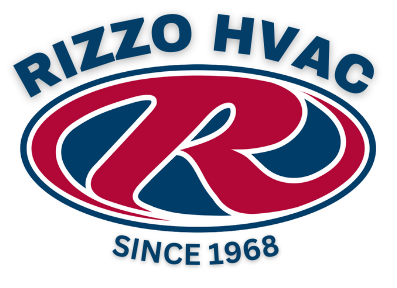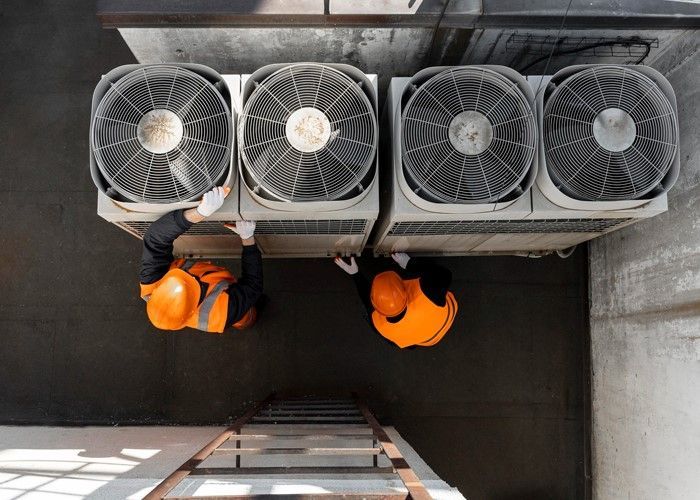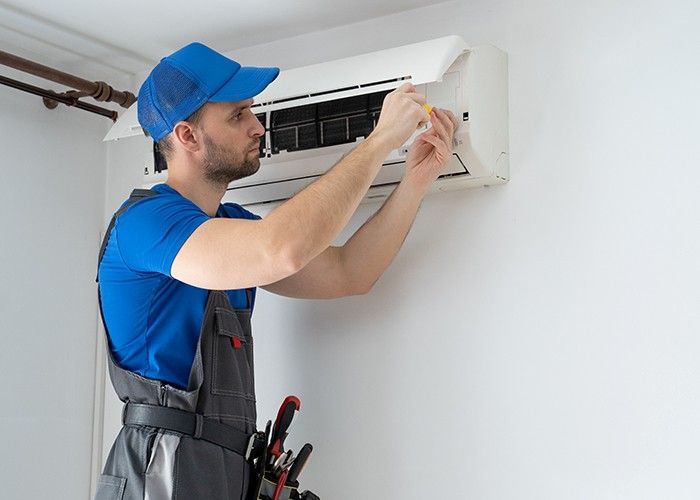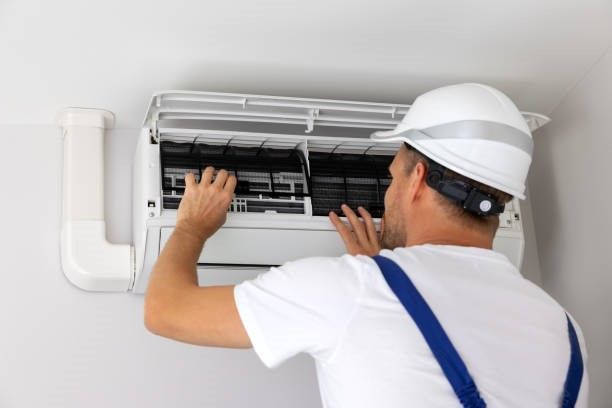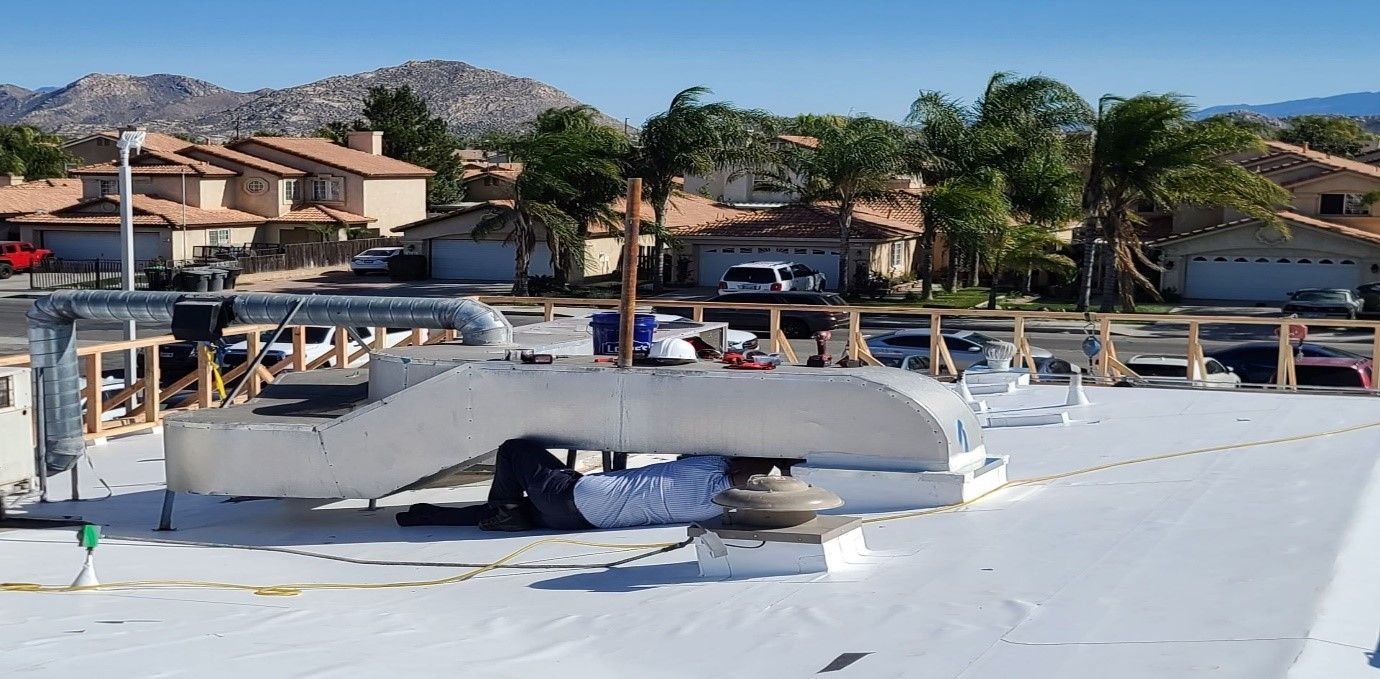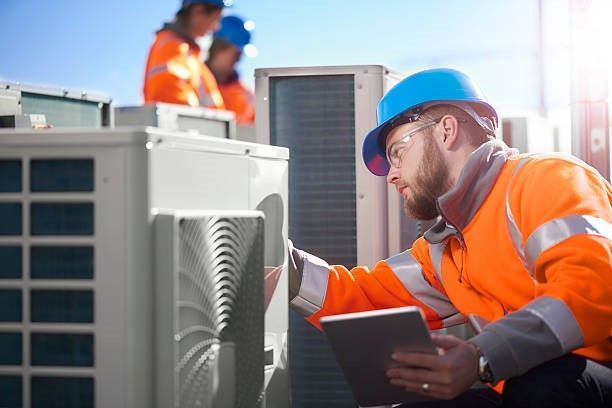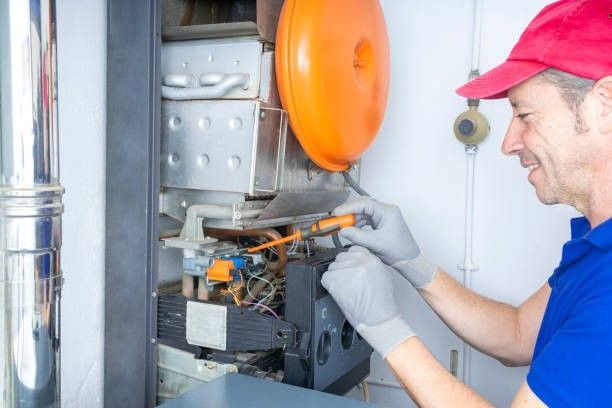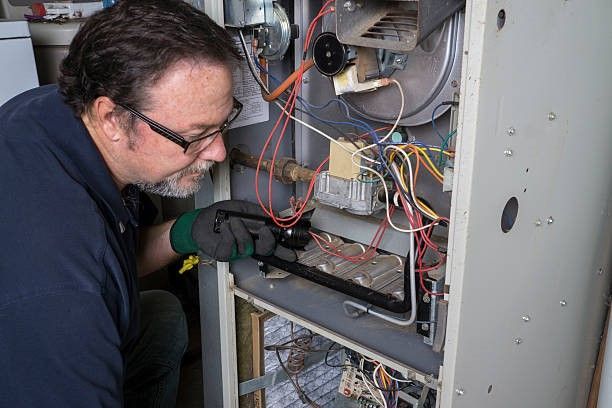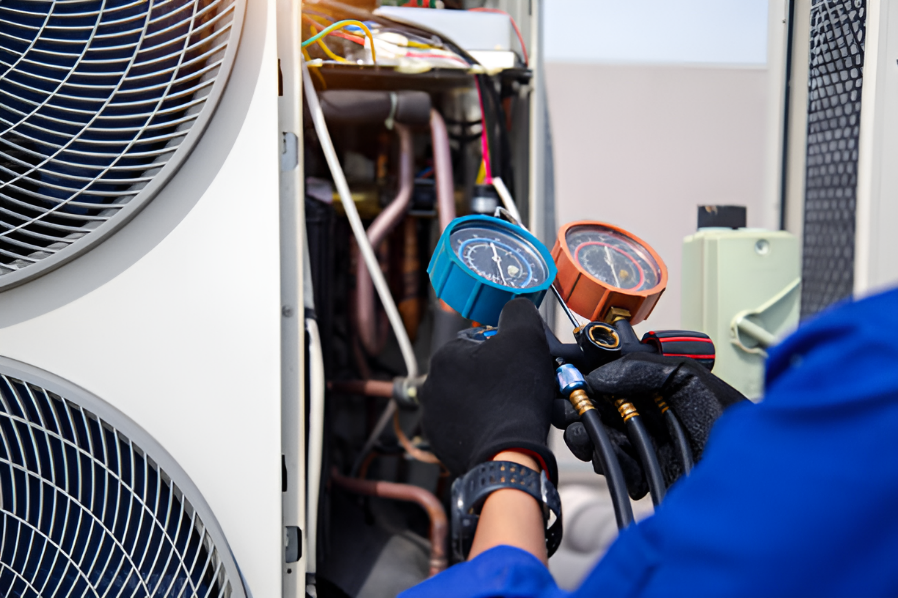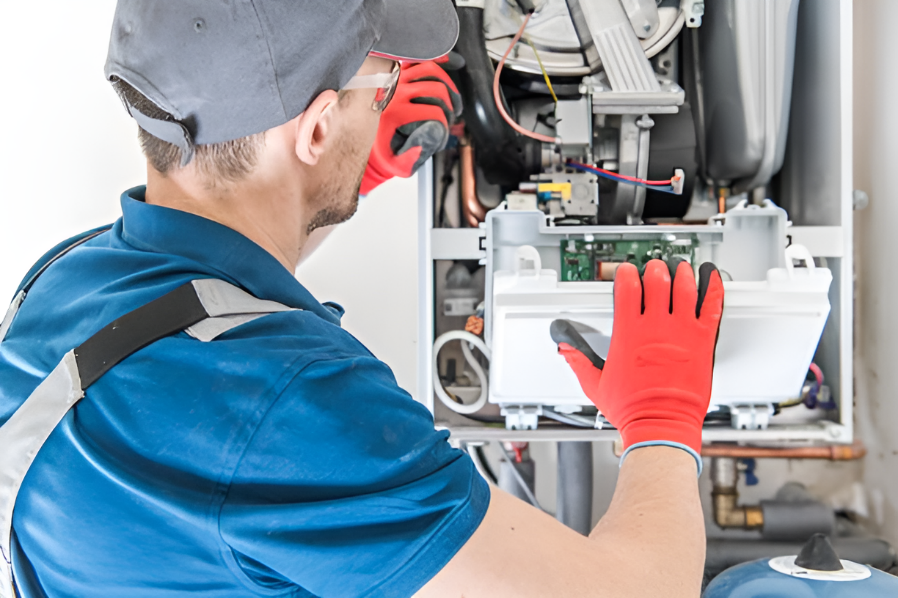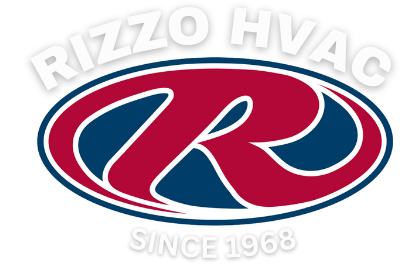Top 10 Questions About SEER Ratings Answered
As an HVAC specialist, I often come across questions from homeowners about SEER ratings. The Seasonal Energy Efficiency Ratio (SEER) is an important factor to consider when purchasing or upgrading an air conditioning unit. In this article, I will answer the top 10 questions about SEER ratings to help you make an informed decision. So, let's dive in and unravel the mysteries of SEER!
1. What Exactly is SEER?
SEER stands for Seasonal Energy Efficiency Ratio. It is a measurement of the cooling output of an air conditioning unit divided by the energy it consumes during a typical cooling season. The higher the SEER rating, the more energy-efficient the unit is. SEER ratings range from 13 to 25, with higher ratings indicating better efficiency.
2. How Is SEER Calculated?
SEER ratings are calculated by dividing the total cooling output of an air conditioning unit during a typical cooling season by the total energy consumed in watt-hours during that same period. The cooling output is measured in British Thermal Units (BTUs), and the energy consumption is measured in watt-hours.
To get an accurate SEER rating, manufacturers use standardized testing procedures that simulate different weather conditions and cooling loads. These tests ensure that the SEER rating reflects the unit's efficiency under real-world conditions.
3. What Is a Good SEER HVAC Rating?

A good SEER HVAC rating is typically considered to be around 14 to 16. This range
provides a good balance between energy efficiency and affordability. However,
it's important to note that the ideal SEER rating for your HVAC system may vary depending on your specific needs, budget, and local climate.
Higher SEER ratings, such as 18 to 25, offer even greater energy efficiency but may come with a higher upfront cost. It's crucial to consider your priorities and budget when choosing the right SEER rating for your HVAC system.
4. How Do I Find My Air Conditioning Unit's SEER?
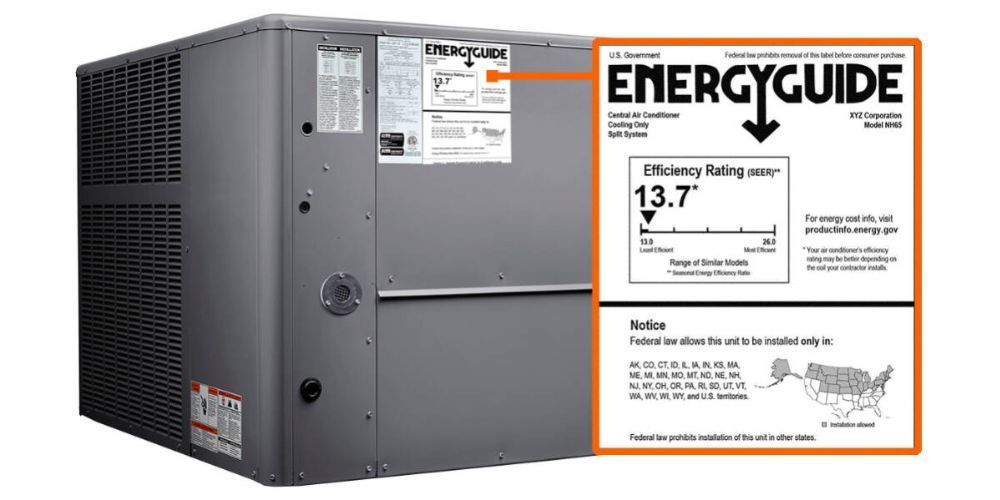
To find your air conditioning unit's SEER rating, you can check the unit's manufacturer label or documentation. The SEER rating is typically listed along with other specifications such as the cooling capacity and model number.
If you are unable to locate the SEER rating on your own, you can consult with an HVAC professional who can help you determine the rating and provide guidance on whether it's time to consider upgrading to a more energy-efficient unit.
5. Why Should I Care About SEER Ratings?
SEER ratings are important for several reasons. Firstly, air conditioning units with higher SEER ratings consume less energy, resulting in lower utility bills. Secondly, energy-efficient units have a reduced impact on the environment by reducing greenhouse gas emissions. Lastly, higher SEER ratings often indicate better overall performance and comfort.
By choosing an air conditioning unit with a high SEER rating, you can save money on your energy bills while enjoying a more comfortable and environmentally friendly living space.
6. SEER vs. SEER2
You may have come across the terms SEER and SEER2 while researching air conditioning units. SEER2 is an updated version of the SEER rating that takes into account the energy consumption of the unit in standby mode. Standby mode refers to the energy consumed when the unit is not actively cooling but is still powered on.
While SEER2 provides a more accurate representation of the unit's overall energy efficiency, it is currently not as widely used or recognized as the traditional SEER rating. However, as energy efficiency standards evolve, SEER2 may become the standard in the future.
7. Do Higher SEER Ratings Always Mean Better Performance?
Although higher SEER ratings generally indicate better energy efficiency, it does not necessarily mean better performance in terms of cooling capacity. The cooling capacity of an air conditioning unit is measured in BTUs and is not directly related to the SEER rating.
When considering the performance of an air conditioning unit, it is essential to look at the unit's cooling capacity as well as its SEER rating. A unit with a higher SEER rating might be more energy-efficient, but it may not cool your space effectively if it does not have the appropriate cooling capacity for your specific needs.
8. Can I Upgrade My Existing AC's SEER Rating?
If you already have an air conditioning unit and are interested in improving its energy efficiency, you may wonder if it's possible to upgrade its SEER rating. The answer is not a simple yes or no.
In some cases, it may be possible to increase the SEER rating of an existing AC unit by replacing certain components or upgrading the unit's technology. However, this is not always the most cost-effective solution. It is often more practical to replace the entire unit with a newer, more energy-efficient model that already has a higher SEER rating.
9. How Does Climate Affect the Ideal SEER Rating?
The ideal SEER rating for an air conditioning unit can vary depending on the climate in which you live. In hotter climates where the cooling season is longer and more intense, a higher SEER rating is typically recommended. This is because a higher SEER rating can provide more energy-efficient cooling, resulting in lower energy bills.
Conversely, in cooler climates where the demand for cooling is lower, a lower SEER rating may be sufficient. It's essential to consider your specific climate and cooling needs when determining the ideal SEER rating for your air conditioning unit.
10. How Much Money Can I Save with a Higher SEER Rating?
The amount of money you can save with a higher SEER rating depends on various factors, including your current energy consumption, the local utility rates, and the efficiency of your existing air conditioning unit.
On average, upgrading from a lower SEER rating to a higher one can result in energy savings of 20% to 40%. This can translate into significant cost savings over the lifespan of the unit. Additionally, some utility companies offer rebates or incentives for purchasing energy-efficient air conditioning units, further increasing your potential savings.
In conclusion, understanding SEER ratings is essential when choosing an air conditioning unit. Higher SEER ratings indicate better energy efficiency, potentially resulting in significant cost savings and a reduced environmental impact. By considering factors such as location, climate, and cooling needs, you can determine the ideal SEER rating for your HVAC system and make a well-informed decision.
If you have any more questions or need assistance with your HVAC needs, don't hesitate to Contact our team at Rizzo HVAC. We are here to help you maximize comfort and energy efficiency in your home!
